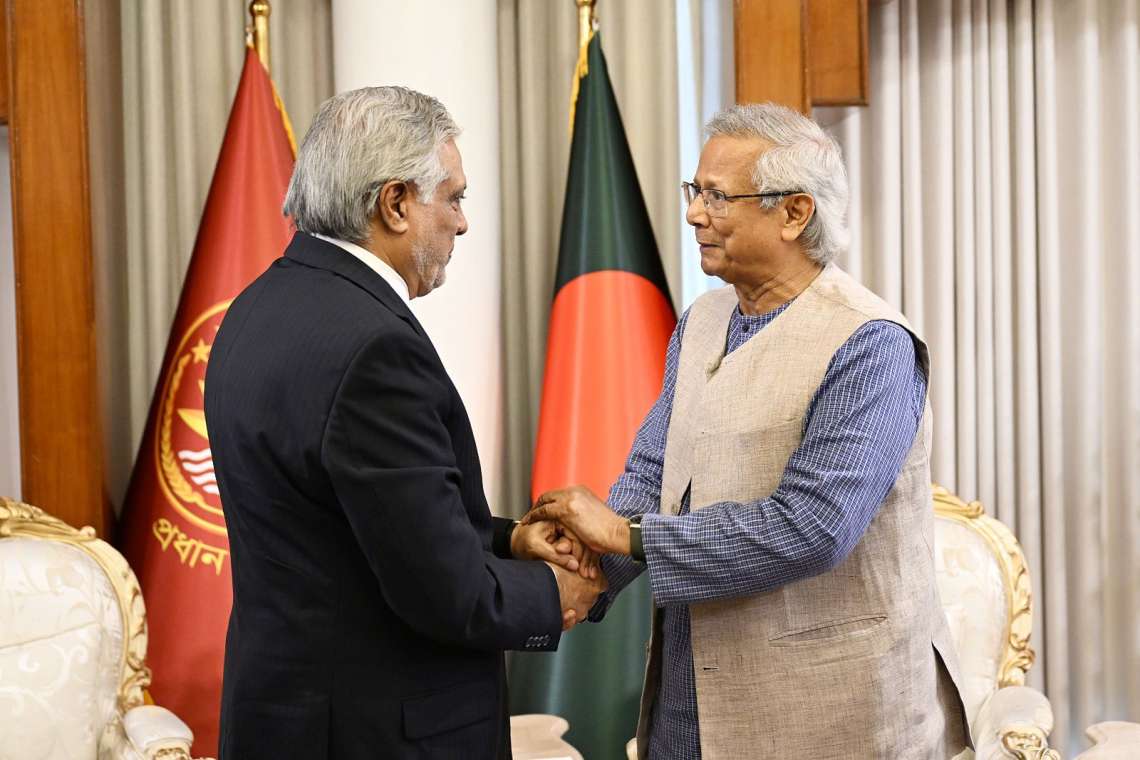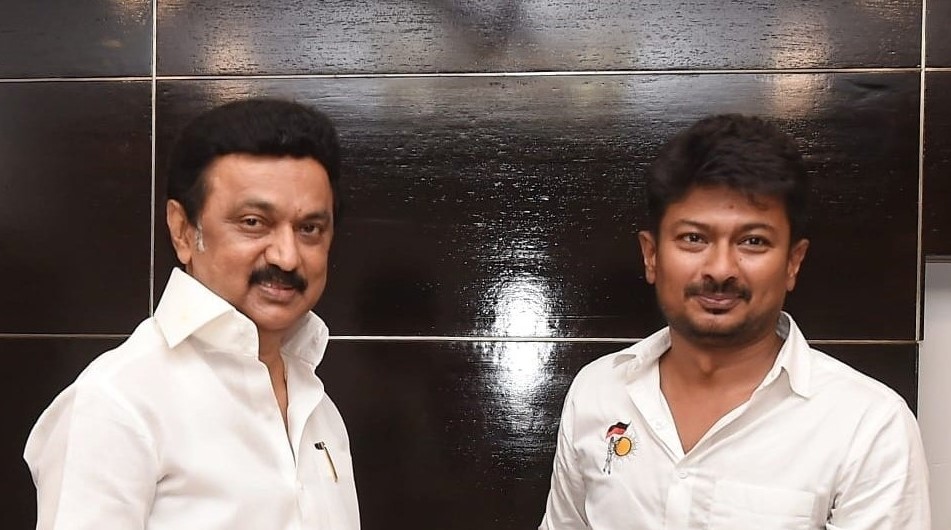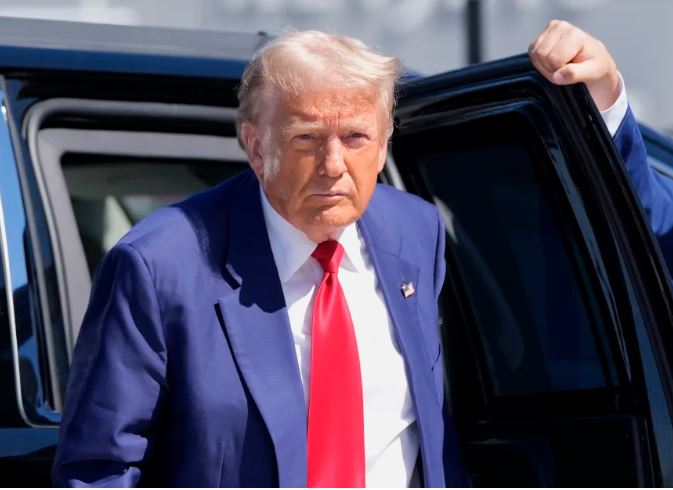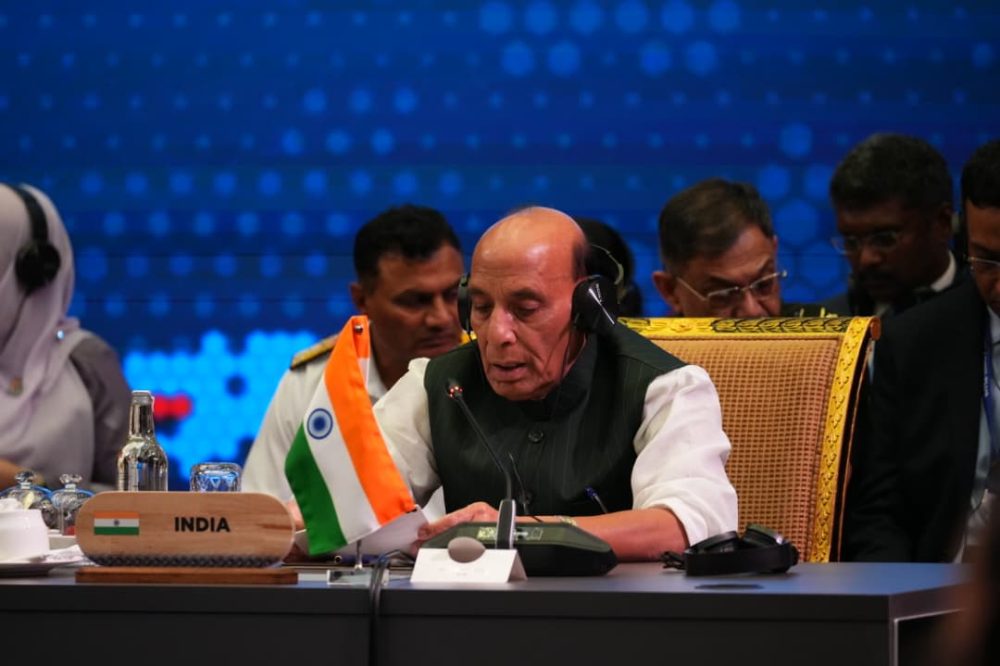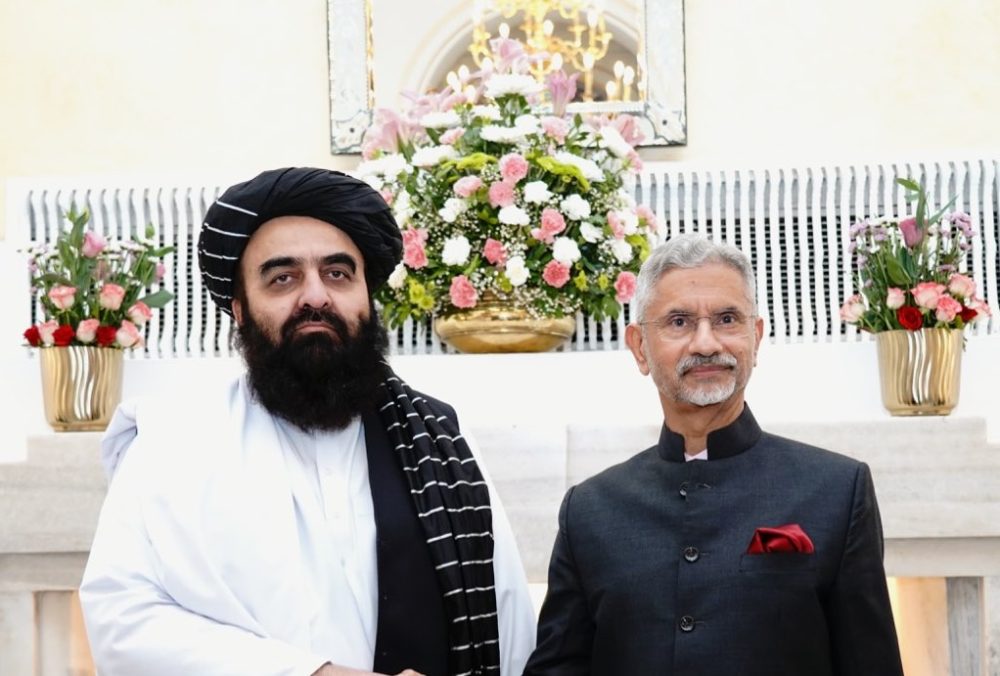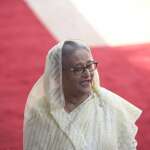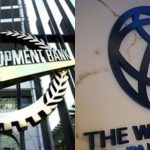Death toll reportedly rose to 39; protesters set fire to a building of the state broadcaster, BTV; the nation experienced widespread mobile internet outages…reports Asian Lite News
Violence in Bangladesh intensified on Thursday as students set fire to a building of the state broadcaster, BTV, a day after Prime Minister Sheikh Hasina appeared on the network seeking to quell the unrest. The death toll in the ongoing violence has reached 39, according to media reports.
Protesters demanding civil service hiring reforms clashed with riot police, who responded with rubber bullets. The protesters overwhelmed the police, chased them to BTV’s headquarters in Dhaka, and set ablaze the network’s reception building and numerous vehicles.
Many people were reportedly trapped inside as the fire spread, but a BTV official later confirmed that the building was safely evacuated. The fire, however, continued to burn, and the broadcaster’s transmission was halted.
In response to the unrest, Hasina’s government has indefinitely closed schools and universities. She had appeared on BTV on Wednesday night, condemning the “murder” of protesters and promising punishment for those responsible, regardless of their political ties. Despite her appeal for calm, violence escalated as police again tried to disperse demonstrations using rubber bullets and tear gas.
Protester Bidisha Rimjhim, 18, told news agency AFP that their first demand is an apology from the prime minister, and secondly, justice for their killed peers.
On Thursday alone, 25 people were killed, adding to the seven fatalities earlier in the week, according to hospital tallies. Hospital officials indicated that police weaponry caused at least two-thirds of these deaths. One hospital reported seven deaths, with injuries ranging from rubber bullets to gunshots.
Nearly 1,000 individuals were treated for injuries at the same hospital, mostly from rubber bullets. Journalist Mehedi Hasan was killed while covering the clashes in Dhaka.
Violence erupted in several cities as riot police confronted protesters blocking roads and highways. Helicopters rescued 60 police officers trapped on the roof of a campus building at Canadian University, where fierce clashes occurred.
Protests have been demanding an end to a quota system reserving over half of civil service posts for specific groups, including children of veterans from the 1971 liberation war. Critics argue the system benefits pro-government groups supporting Hasina, who has been in power since 2009 and won her fourth consecutive election in January.
Rights groups accuse her administration of suppressing dissent and using extrajudicial killings against opposition activists. Mubashar Hasan, a Bangladesh expert at the University of Oslo, noted that the protests have evolved into broader discontent with Hasina’s autocratic rule, with protesters calling her a dictator.
Bangladesh experienced widespread mobile internet outages on Thursday, following restrictions on Facebook access two days earlier. Junior telecommunications minister Zunaid Ahmed Palak claimed social media had been weaponized to spread misinformation, prompting the government to restrict access.
Alongside police crackdowns, clashes have occurred between demonstrators and students allied with the ruling Awami League, involving bricks and bamboo rods. Amnesty International reported that Bangladeshi security forces had used unlawful force against protesters.
Indians in Bangladesh advised to stay indoor
The Indian Embassy in Bangladesh on Thursday issued an advisory urging Indian students and nationals residing in the country to restrict their outdoor movements in the wake of ongoing massive student protests throughout the country, which has resulted in at least six deaths so far.
“In view of the ongoing situation in Bangladesh, the Indian community members and the Indian students residing in Bangladesh are advised to avoid travel and minimise their movement outside their living premises,” the advisory stated.
The advisory has also issued a 24-hour emergency helpline number and urged Indian nationals to reach out to the High Commission in Dhaka and Assistant High Commissions for any need or assistance as most of the country observed a complete shutdown on Thursday.
Student demonstrations in Bangladesh have taken a violent turn as anti-quota protesters clashed with members of the ruling Awami League party’s student wing across the country, local media reported.
In light of the volatile situation, the High Commission of India in Dhaka and the Indian Assistant High Commissions in Chittagong, Sylhet, and Khulna have established 24-hour emergency contact numbers for Indian nationals and students who require assistance:
High Commission of India, Dhaka: +880-1937400591 (also on WhatsApp)
Assistant High Commission of India, Chittagong: +880-1814654797 / +880-1814654799 (also on WhatsApp)
Assistant High Commission of India, Sylhet: +880-1313076411 (also on WhatsApp)
Assistant High Commission of India, Khulna: +880-1812817799 (also on WhatsApp)
The recent protests have been fueled by dissatisfaction with Bangladesh’s quota system, which sets aside a significant number of civil service positions for specific groups. This system has been a contentious issue in Bangladesh for years, with current demonstrations reflecting deep-seated frustrations over both the quota system and the response of law enforcement to peaceful student movements.
The Indian government continues to monitor the situation and advises all citizens in Bangladesh to adhere to the travel advisory and reach out to the High Commission or Assistant High Commissions if they are in need of urgent assistance.
ALSO READ: Kathmandu’s mission in Bangladesh issues advisory for students





